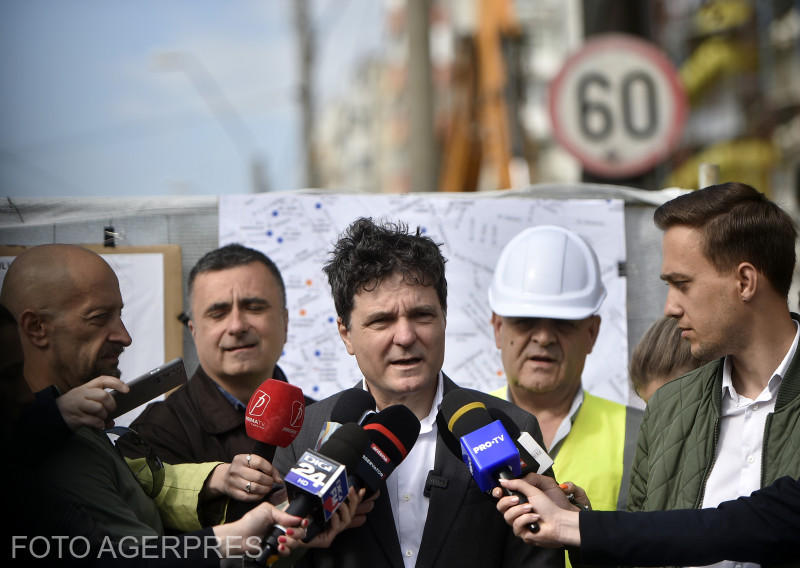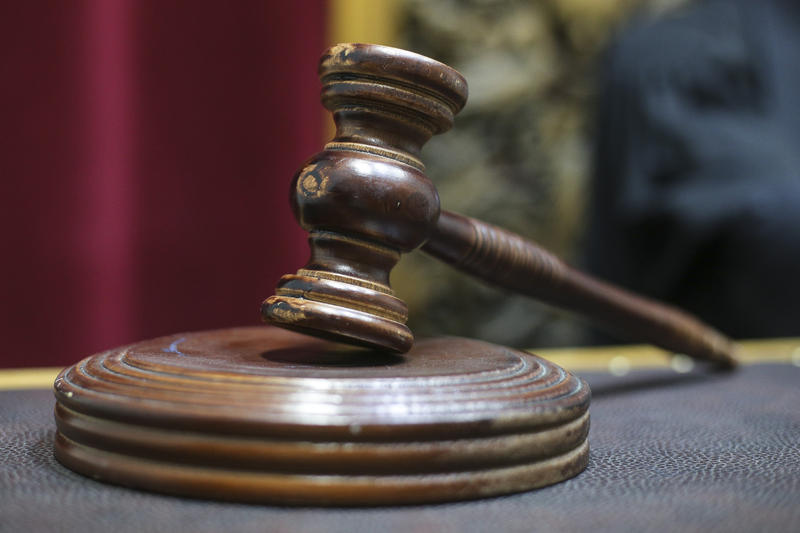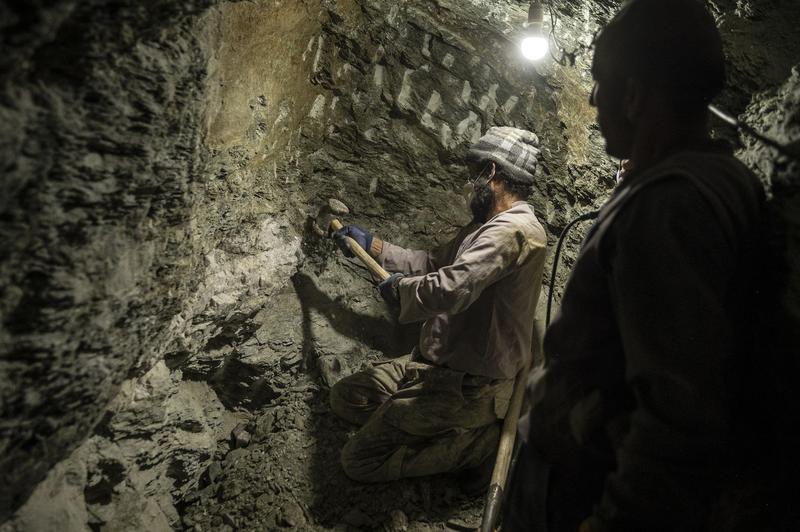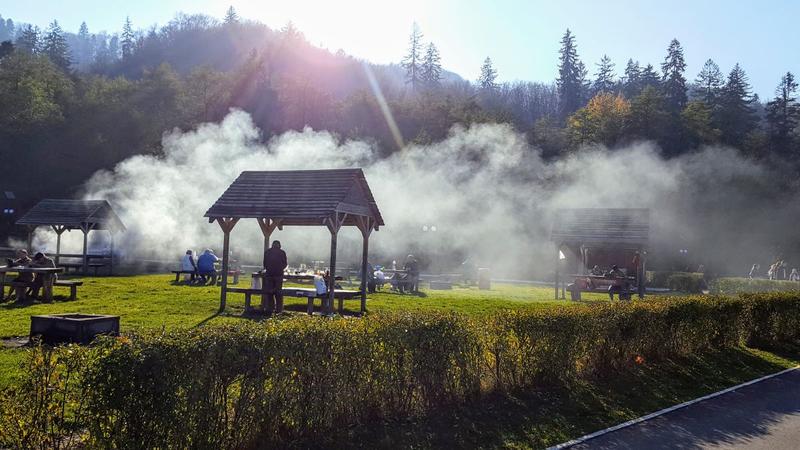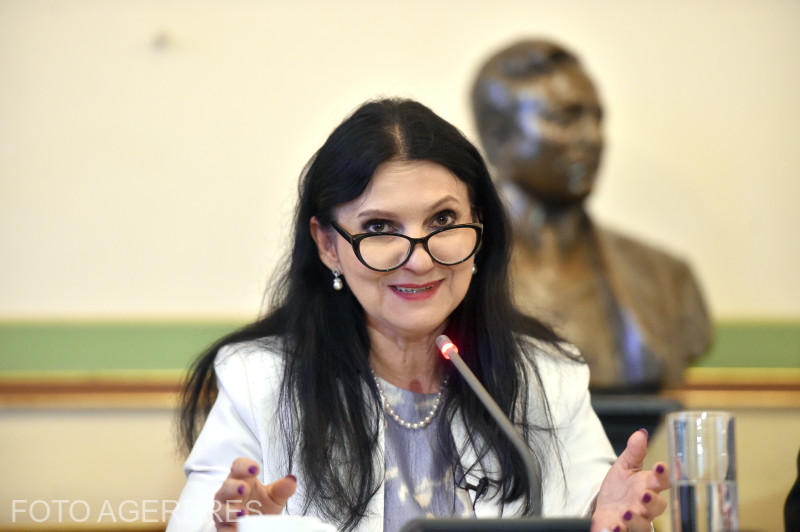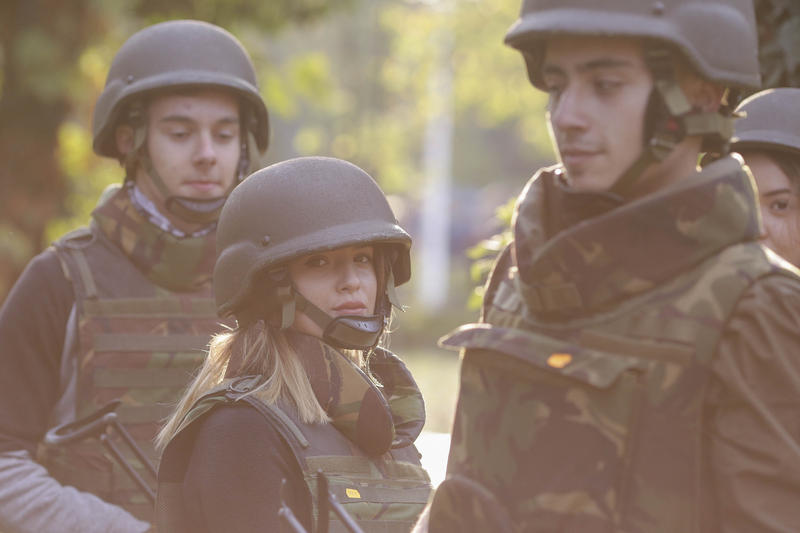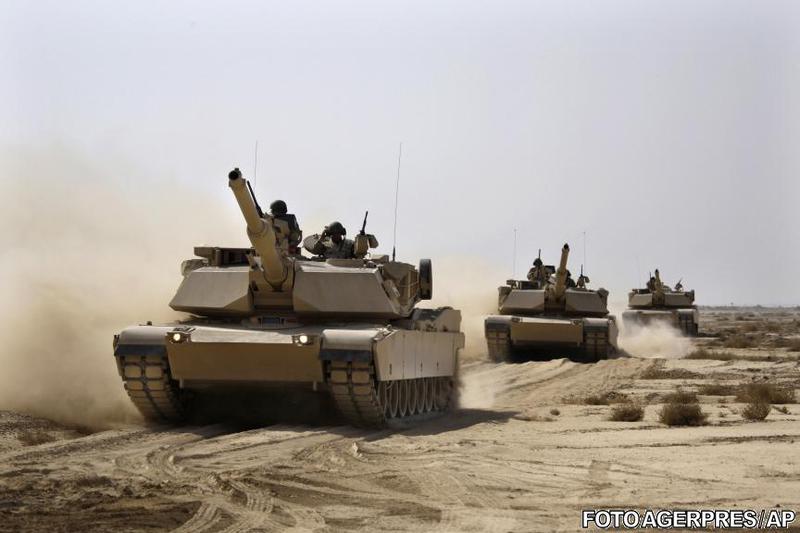Why is the Romanian state budget losing tens of millions of euros from hunting? Elsewhere in the news, guidelines for the coming job cuts are out. Last but not least, austerity reduces the consumption.
Why is the Romanian state losing tens of millions of euros from hunting?, Romania Libera reads. Because most hunting funds have been attributed directly, for meaningless sums, equivalent with the price paid for shooting one single animal: Romania cashes 0.03 euros per hectare of the region where animals can be hunted.
The biggest hunting funds administrator is the Sportive Hunters and fishermen's General Association (AGVPSR) and its county branches, which have been handling 850 hunting funds for 10 years. The publication claims that the way they received the management of the funds was not transparent, with the ex- Waters and Forests Ministry seldom organising auctions. Thirteen million hunting hectares out of 22 millions. Romania counts 24 million hectares.
Sums paid to the state for managing the hunting should be generous, but AGVPSR and its branches pay 1.15 million euros, with less than 200,000 euros making it to the budget, the publication claims, because the rest is shared between the owners of the properties on this land (81%) and the environment fund (3%).
This year, the state's contract with AGVPSR and its branches expire. But Environment state secretary Cristian Apostol declared the law could not be changed this year. The old law sees that of the former owners prove to be of good faith, they have the right to renew the contract.
The hunting funds are said to be very valuable. AGVPSR Suceava allows the hunting of bears, stags, roebucks and mountain roosters, for example. The minimum price for a big stag is 200 - 400 euros, but ex-Gura Humorului Hunting Club secretary Vultur Petria says that people actually pay 1,000 euros. For one bear, the official price is 300-400 euros, the real price - 7,000 euros. If you missed the target, you pay extra. Foreigners are the main clients, Petria claims.
Guidelines for the coming job cuts are out, Gandul reads. While in Bucharest ministers still count how many to suit the budget spending agreed with the IMF, local mayors and public administration directors are either waiting for the "black list", or are already cutting. 100,000 employees need to go from the public sector.
The criteria being considered for sacking someone include the employees' results, they length of time they have been working with the institution, the number and the type of sanctions. Union members claim that in practice, the process of making people redundant may not be just so transparent, but politics will play its part. The unions and the leaders are discussing the criteria. The first to arrive is the first one to leave; if a couple work in the same place, one is to be sacked, some official criteria read.
First institution having to push up the redundancy level is the Community Police. 160 cops in Iasi (N-E) have already been sent home. Most of them earn around 700 lei, while town hall workers get an average 2,700 lei. So far, no redundancy to come from the latter institution. The economic section chief from the town hall in Oradea (Central-West) says that it's not always the case that the best employees remain in employment. Some of the people from sectors where job cuts are unavoidable, like those in Brasov (Central), said they have already started looking for jobs overseas.
Austerity reduces the consumption, Adevarul reads, quoting an Economic Bank of Reconstruction and Development (EBDR) report announcing the government in Bucharest that its measures will not help the economy. EBDR downgraded Romania's economic growth for 2010 from 1.3% to zero. Nevertheless, they see a e3% advance in 2011.
Romanian authorities and the IMF experts also predict zero economic growth, after two consecutive downgrades, from 1.3% and 0.8%. Romanian authorities decided to cut 25% of the incomes, 15% from pensions, massively reduce social benefits and cut state subventions. EBDR believe that the measures found in Romania and Bulgaria to fight against the crisis will reduce significantly the inner demand. Erste Bank chief believes the key of the economic re-launch in Romania is the infrastructure: although the size of France, Romania has got less than 300 of motorway.
